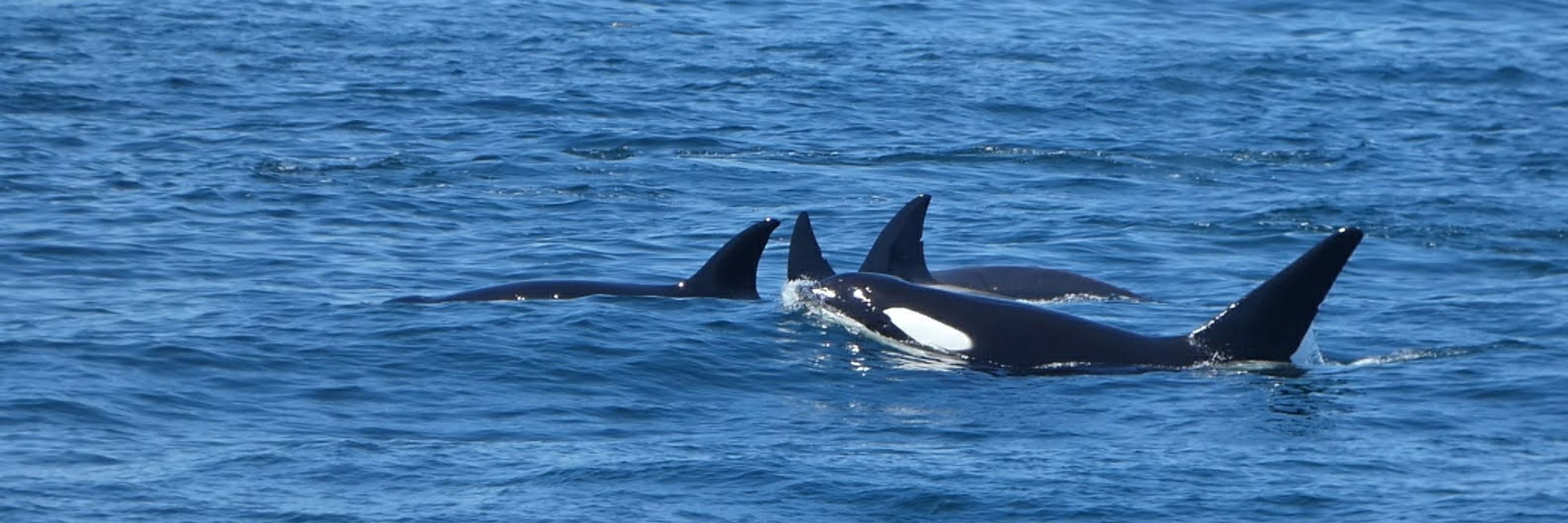




Artwork by @alexboersma-art.bsky.social
1/6
#FossilFriday
peerj.com/articles/198...

Artwork by @alexboersma-art.bsky.social
1/6
#FossilFriday
peerj.com/articles/198...

link.springer.com/referencewor...

link.springer.com/referencewor...

#HPS #PaleoSky #Philsky ⚒️
link.springer.com/chapter/10.1...
#HPS #PaleoSky #Philsky ⚒️
link.springer.com/chapter/10.1...

This week, Prof. Heather Douglas unpacks the legacy of the value-free ideal, examines research ethics & funding — and proposes a new social contract for science. This was an illuminating conversation.
Listen now! 🎧

This week, Prof. Heather Douglas unpacks the legacy of the value-free ideal, examines research ethics & funding — and proposes a new social contract for science. This was an illuminating conversation.
Listen now! 🎧
www.extinctblog.org/extinct/2025...
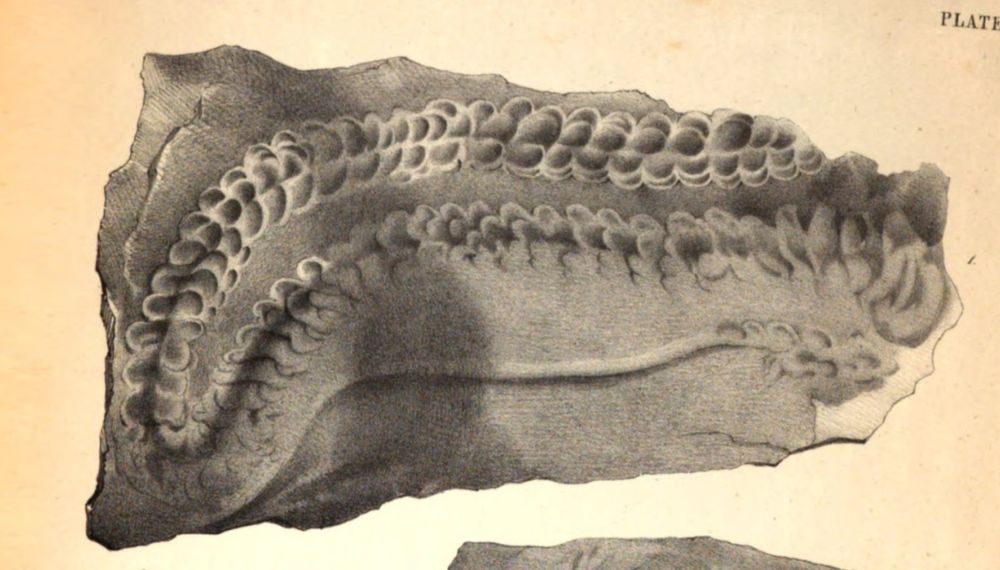
www.extinctblog.org/extinct/2025...
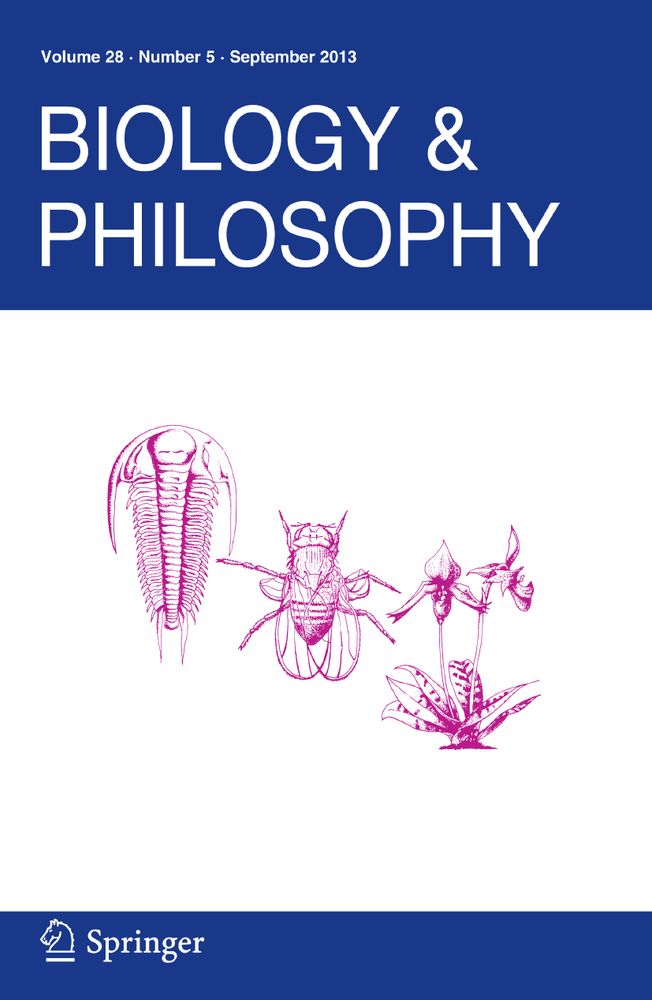
Today, Dr Surekha Davies joins us to discuss her new book Humans: A Monstrous History – a sweeping look at how ideas of monstrosity shaped science, empire, and what it means to be human.
@drsurekhadavies.bsky.social #hps #history #monsters
🎧 Listen here:

Today, Dr Surekha Davies joins us to discuss her new book Humans: A Monstrous History – a sweeping look at how ideas of monstrosity shaped science, empire, and what it means to be human.
@drsurekhadavies.bsky.social #hps #history #monsters
🎧 Listen here:
Visit the SMM website for the full list: marinemammalscience.org/science-and-...
Image: Uko Gorter 2025
#SMM #Marinemammal
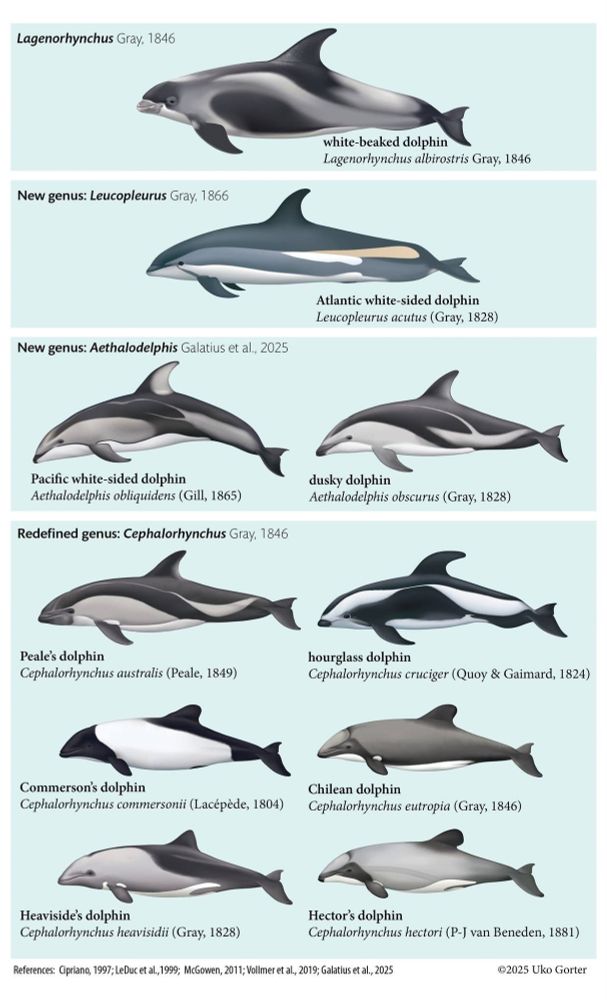
Visit the SMM website for the full list: marinemammalscience.org/science-and-...
Image: Uko Gorter 2025
#SMM #Marinemammal
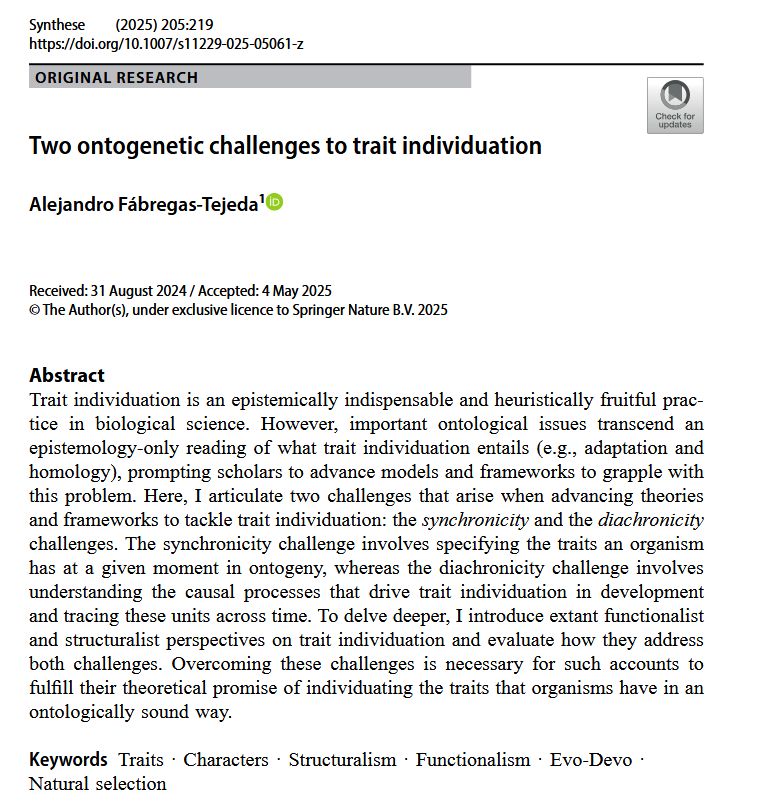
1/4
1/4

How is the third jaw joint in whales different? Diverse modes of articulation between the jaws of whales - Strauch - Journal of Anatomy - Wiley Online Library onlinelibrary.wiley.com/doi/10.1111/...

How is the third jaw joint in whales different? Diverse modes of articulation between the jaws of whales - Strauch - Journal of Anatomy - Wiley Online Library onlinelibrary.wiley.com/doi/10.1111/...

